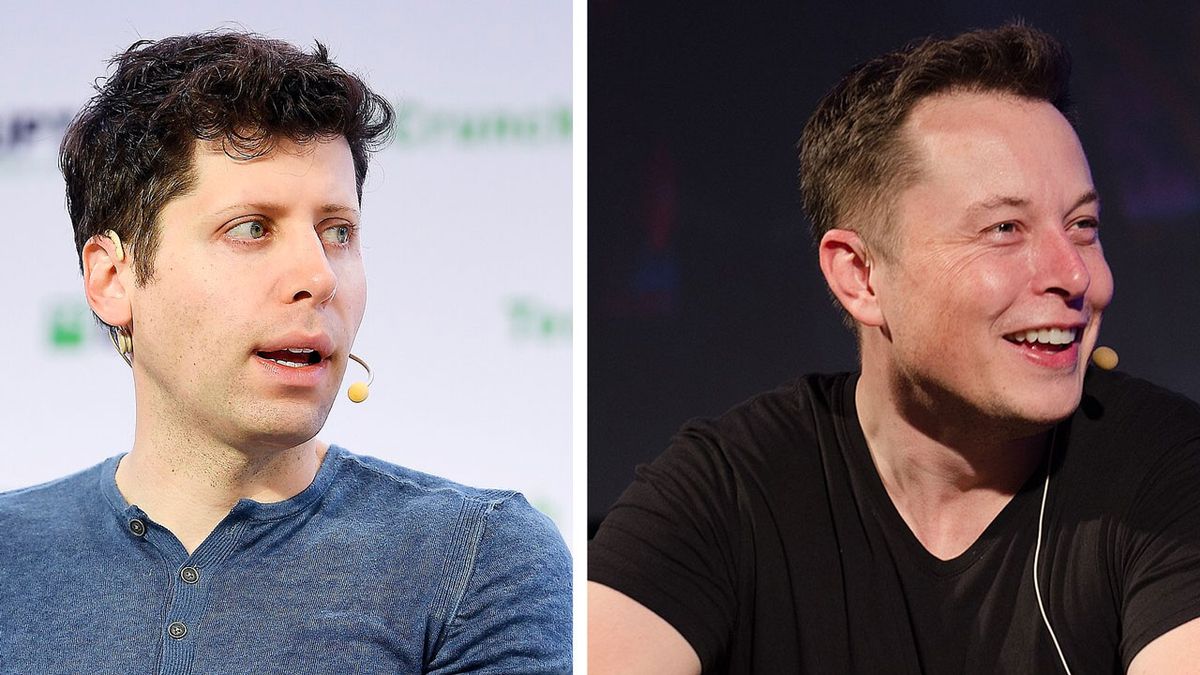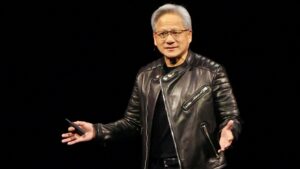Emails from 2016 unveil Musk’s worries about ‘AI Dictatorship’ regarding Google DeepMind amid recent OpenAI court proceedings

Elon Musk’s Lawsuit Against OpenAI: The Unseen Drama
Elon Musk’s recent legal actions against OpenAI have shed light on the complex dynamics within the organization. Revelations from private emails among OpenAI co-founders Elon Musk, Sam Altman, Greg Brockman, and Ilya Sutskever lay bare an intense backdrop of competition and distrust.
Musk’s Concerns About AI Development
In a startling email from 2016, Elon Musk expressed his anxiety over rival company DeepMind, founded by Demis Hassabis. Musk articulated concerns about potential "AGI dictatorship," fearing that if DeepMind succeeded, it could pave the way for a singular, powerful entity to control artificial intelligence. His concerns reflect broader apprehensions about the unchecked rise of AI technologies and their implications for humanity.
DeepMind, established in 2010, made headlines for its innovations in AI and was acquired by Alphabet in 2014. Its success likely prompted Musk to advocate for an alternative vision, leading to the formation of OpenAI.
The Origins of OpenAI
In May 2015, Sam Altman initiated a conversation with Musk regarding the future of AI, questioning whether it was feasible to prevent its development altogether. Altman suggested a project similar to the Manhattan Project, aimed at ensuring a responsible approach to AI creation. Musk responded positively, indicating that further discussions were warranted, which ultimately contributed to the establishment of OpenAI later that year.
Internal Tensions at OpenAI
Internal conflicts among OpenAI founders began to surface, particularly regarding leadership roles. In September 2017, Brockman and Sutskever expressed their concerns about Altman’s ambition to lead the organization and questioned his decision-making capabilities. They were also wary of Musk’s influence and intentions, suggesting that despite his claims of not seeking power, Musk’s negotiations implied a desire for control over the development of AGI.
This atmosphere of distrust grew as Zillis, an OpenAI board member close to Musk, informed him of Altman’s diminishing faith in Brockman and Sutskever during negotiations, labeling them as inconsistent. The tensions escalated to a breaking point, with Musk concluding that the collaborative effort was no longer sustainable.
Transition from Nonprofit to Profit
Although OpenAI was initially established as a nonprofit organization, its leaders soon recognized the necessity of substantial capital to fund the high computational demands of AI development. This realization led to discussions about transforming OpenAI into a for-profit entity. However, Musk, Altman, and other board members struggled to reach a consensus on the terms, causing further fracturing within the team.
Ultimately, Musk decided to leave OpenAI and venture off on his own, founding his AI company, xAI. Musk now operates a robust data center equipped with 100,000 GPUs and a significant power supply, illustrating his commitment to competing in the AI landscape.
Industry Shifts and Partnerships
Following Musk’s departure, Microsoft stepped in with a significant $1 billion investment in OpenAI in 2019. This partnership has been instrumental in propelling OpenAI into a leading position in the AI sector, leveraging its technology for products like ChatGPT and integrating AI solutions into Microsoft services, such as Copilot. Meanwhile, Intel chose not to invest in OpenAI back in 2017, a decision that left the company trailing as the AI industry surged ahead.
The ongoing narrative surrounding OpenAI and Musk underscores the competitive and multifaceted nature of the AI industry, illustrating both the potential for innovation and the challenges posed by divergent visions for its future.






